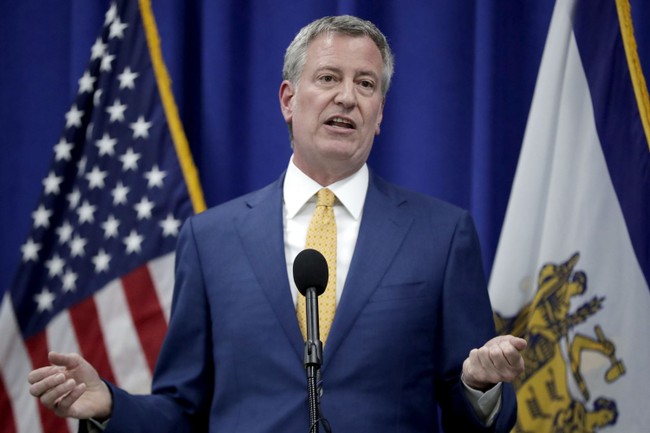- Apr 10, 2013
- 23,667
- 1,880
- 265
Thanks for proving you know nothing about the Constitution...............again.National, state and local emergencies have been declared. At that point a new level of authority is enacted, which allows the local executive to enact rules which impinge on known rights, as long as the "least restrictive" method is used, and there is a "compelling government interest" to do so.^^^Another Dimsocialist Window Licker who has never heard of the Constitution^^^^^At that point they would be subject to arrest if they continue to violate.
As often cited, No yelling "fire" in a crowded movie theater (unless there's an actual fire"
Being Canadian, how much do you know about the US constitution?






